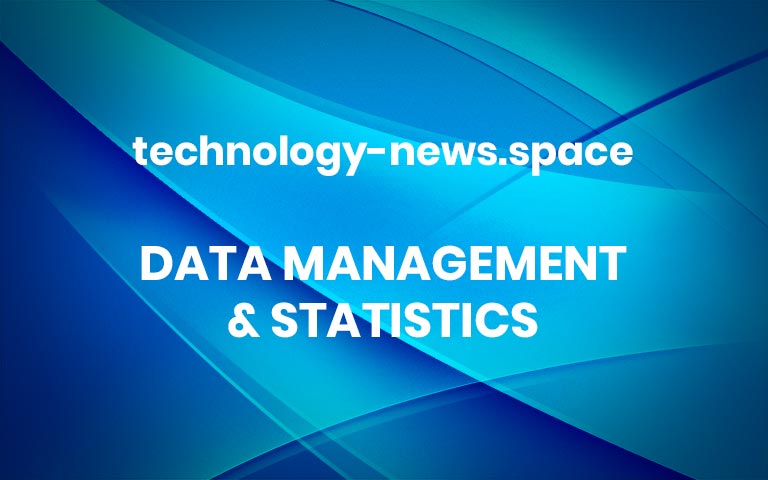Studying learner engagement during the Covid-19 pandemic
While massive open online classes (MOOCs) have been a significant trend in higher education for many years now, they have gained a new level of attention during the Covid-19 pandemic. Open online courses became a critical resource for a wide audience of new learners during the first stages of the pandemic — including students whose academic programs had shifted online, teachers seeking online resources, and individuals suddenly facing lockdown or unemployment and looking to build new skills.
Mary Ellen Wiltrout, director of online and blended learning initiatives and lecturer in digital learning in the Department of Biology, and Virginia “Katie” Blackwell, currently an MIT PhD student in biology, published a paper this summer in the European MOOC Stakeholder Summit (EMOOCs 2021) conference proceedings evaluating data for the online course 7.00x (Introduction to Biology). Their research objective was to better understand whether the shift to online learning that occurred during the pandemic led to increased learner engagement in the course.Blackwell participated in this research as part of the Bernard S. and Sophie G. Gould MIT Summer Research Program (MSRP) in Biology, during the uniquely remote MSRPx-Biology 2020 student cohort. She collaborated on the project while working toward her bachelor’s degree in biochemistry and molecular biology from the University of Texas at Dallas, and collaborated on the research while in Texas. She has since applied and been accepted into MIT’s PhD program in biology.
“MSRP Biology was a transformative experience for me. I learned a lot about the nature of research and the MIT community in a very short period of time and loved every second of the program. Without MSRP, I would never have even considered applying to MIT for my PhD. After MSRP and working with Mary Ellen, MIT biology became my first-choice program and I felt like I had a shot at getting in,” says Blackwell.
Play video
Many MOOC platforms experienced increased website traffic in 2020, with 30 new MOOC-based degrees and more than 60 million new learners.
“We find that the tremendous, lifelong learning opportunities that MOOCs provide are even more important and sought-after when traditional education is disrupted. During the pandemic, people had to be at home more often, and some faced unemployment requiring a career transition,” says Wiltrout.
Wiltrout and Blackwell wanted to build a deeper understanding of learner profiles rather than looking exclusively at enrollments. They looked at all available data, including: enrollment demographics (i.e., country and “.edu” participants); proportion of learners engaged with videos, problems, and forums; number of individual engagement events with videos, problems, and forums; verification and performance; and the course “track” level — including auditing (for free) and verified (paying and receiving access to additional course content, including access to a comprehensive competency exam). They analyzed data in these areas from five runs of 7.00x in this study, including three pre-pandemic runs of April, July, and November 2019 and two pandemic runs of March and July 2020.
The March 2020 run had the same count of verified-track participants as all three pre-pandemic runs combined. The July 2020 run enrolled nearly as many verified-track participants as the March 2020 run. Wiltrout says that introductory biology content may have attracted great attention during the early days and months of the Covid-19 pandemic, as people may have had a new (or renewed) interest in learning about (or reviewing) viruses, RNA, the inner workings of cells, and more.
Wiltrout and Blackwell found that the enrollment count for the March 2020 run of the course increased at almost triple the rate of the three pre-pandemic runs. During the early days of March 2020, the enrollment metrics appeared similar to enrollment metrics for the April 2019 run — both in rate and count — but the enrollment rate increased sharply around March 15, 2020. The July 2020 run began with more than twice as many learners already enrolled by the first day of the course, but continued with half the enrollment rate of the March 2020 course. In terms of learner demographics, during the pandemic, there was a higher proportion of learners with .edu addresses, indicating that MOOCs were often used by students enrolled in other schools.
Viewings of course videos increased at the beginning of the pandemic. During the March 2020 run, both verified-track and certified participants viewed far more unique videos during March 2020 than in the pre-pandemic runs of the course; even auditor-track learners — not aiming for certification — still viewed all videos offered. During the July 2020 run, however, both verified-track and certified participants viewed far fewer unique videos than during all prior runs. The proportion of participants who viewed at least one video decreased in the July 2020 run to 53 percent, from a mean of 64 percent in prior runs. Blackwell and Wiltrout say that this decrease — as well as the overall dip in participation in July 2020 — might be attributed to shifting circumstances for learners that allowed for less time to watch videos and participate in the course, as well as some fatigue from the extra screen time.
The study found that 4.4 percent of March 2020 participants and 4.5 percent of July 2020 participants engaged through forum posting — which was 1.4 to 3.3 times higher than pre-pandemic proportions of forum posting. The increase in forum engagement may point to a desire for community engagement during a time when many were isolated and sheltering in place.
“Through the day-to-day work of my research team and also through the engagement of the learners in 7.00x, we can see that there is great potential for meaningful connections in remote experiences,” says Wiltrout. “An increase in participation for an online course may not always remain at the same high level, in the long term, but overall, we’re continuing to see an increase in the number of MOOCs and other online programs offered by all universities and institutions, as well as an increase in online learners.” More


